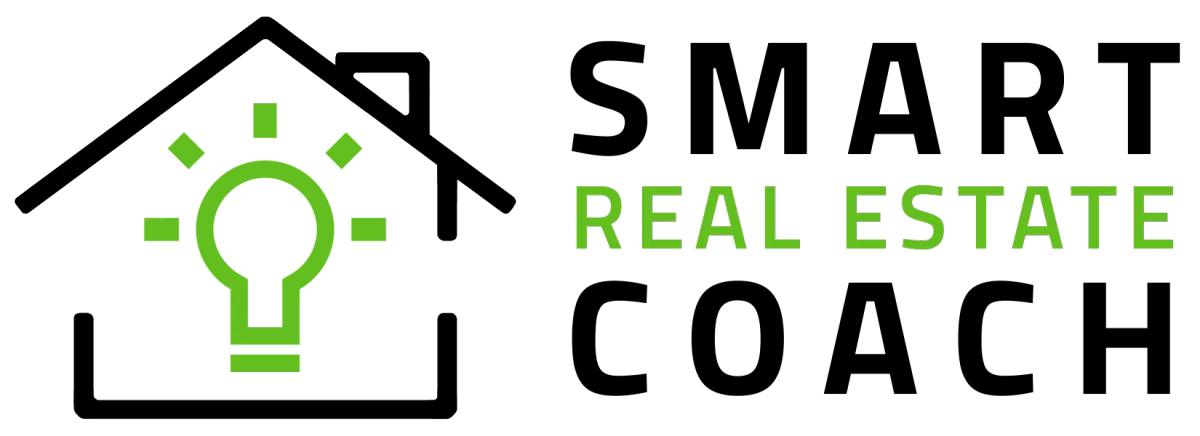3 Paydays® Mastersclass
This presentation is the ONLY webinar where you're given the exact techniques, we use in our family company to buy and sell homes every month — all across North America and ALL on TERMS!
What does buying and selling real estate on TERMS mean?
How owner financing, lease purchase, and subject to existing financing deals look
How to create 3 Paydays for every deal you do vs. getting paid once to wholesale or rehab
How to buy properties with none of your own cash or credit at risk
How to make your business and deals “Recession Resistant”
Where to find homeowners who want to sell on TERMS
What type of deal structure fits YOUR personal risk-tolerance, schedule, and stage of business
How you can keep your monthly cash flow and lose the hassle of tenants
How you can work with our family team IN THE TRENCHES doing deals
...and so much more!
INTERESTED IN BECOMING AN APPRENTICE?
TESTIMONIALS
Copyright © 2014-2025 Smart Real Estate Coach®. All rights reserved.
221 Third St, Admirals Gate Tower, Suite 201, Newport, RI, 02840
Contact Us by Phone at (855) 667-7336 or Email at
[email protected]
